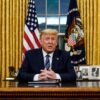UK, France and Germany to keep nuclear sanctions on Iran
![]()
UK, France and Germany to keep nuclear sanctions on Iran
- Published1 hour ago
Share
Related Topics
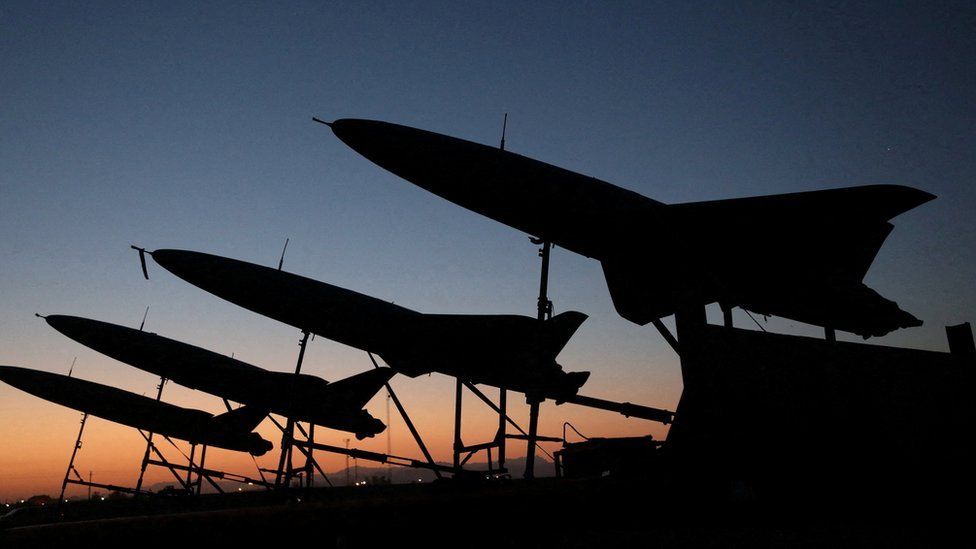
By James Landale & Aoife Walsh
BBC News
The UK, France and Germany have announced they will retain sanctions on Iran in an attempt to deter the country from selling drones and missiles to Russia.
In 2015 Iran agreed to a nuclear deal and, under the terms, some sanctions are due be lifted next month.
But the European nations believe Iran breached the deal by enriching and storing uranium.
Iran says their move is “illegal and provocative”.
When highly enriched, uranium can be used to make a nuclear weapon.
The European powers announced that they would incorporate expiring UN sanctions into their own laws.
Some of the measures are supposed to stop Iran developing and exporting ballistic missiles and drones. But despite the sanctions, many drones made in Iran have been used by Russia in its war against Ukraine.
Iran agreed to the deal, known as the Joint Comprehensive Plan of Action (JCPOA), with a group of world powers known as the P5+1 – the US, UK, France, China, Russia and Germany -eight years ago.
Under the accord, Iran agreed to limit its sensitive nuclear activities and allow in international inspectors in return for the lifting of crippling economic sanctions. The accord bars anyone from buying, selling or transferring drones and missiles to and from Iran.
The deal also included an asset freeze on a list of individuals and organisations believed to be helping advance the nuclear programme.
Countries like Russia and China will no longer be bound by the restrictions if they do not adopt sanctions similar to those of the UK, France and Germany before 18 October.
The latter three countries, known collectively as the E3, said the sanctions would remain in place until Tehran was “fully compliant” with the deal.
Iran said the decision “clearly” violated the E3’s obligations under the JCPOA and UN Security Council Resolution 2231, which calls upon Iran not to undertake any activity related to ballistic missiles designed to be capable of delivering nuclear weapons.
The E3 said the decision was compliant with the JCPOA, as Iran had “refused opportunities to return to the JCPOA twice” and had “continued to expand its programme beyond JCPOA limitations and without any credible civilian justification”.
The US unilaterally pulled out of the JCPOA in 2018 under President Donald Trump.
Related Topics
- Russian drones threaten Ukraine’s economic lifeline
- Published6 days ago
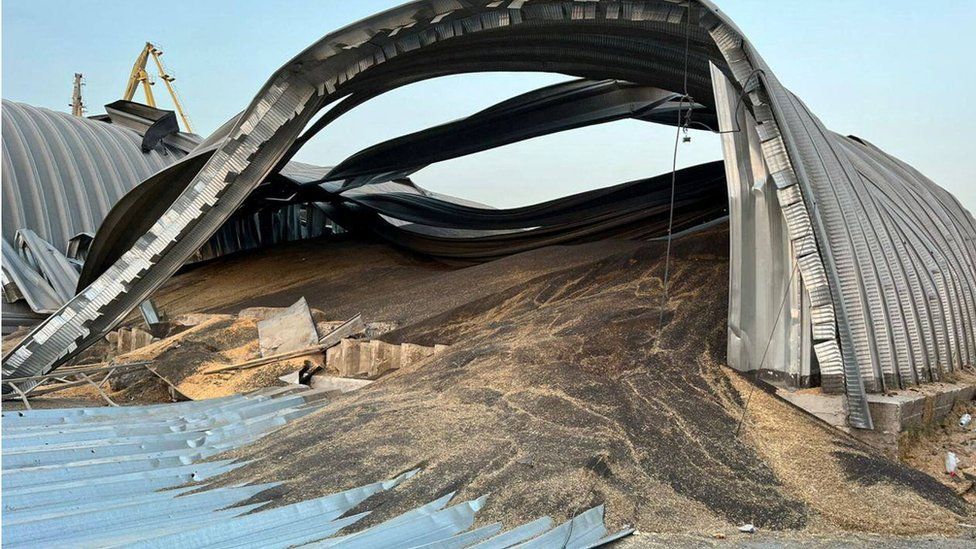
- Iran nuclear deal: What it all means
- Published23 November 2021
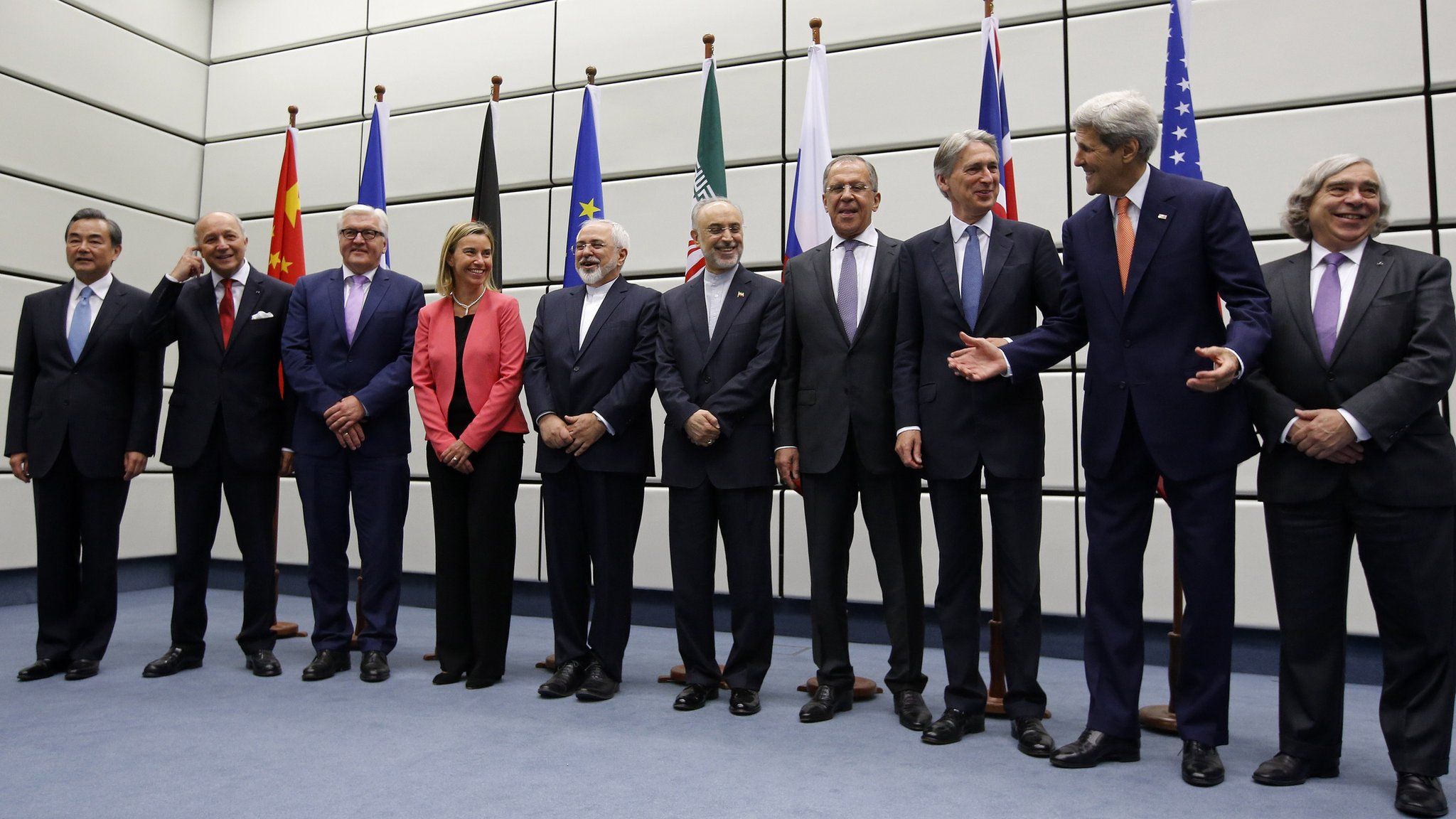
- Iran could make a nuclear bomb, atomic chief says
- Published1 August 2022
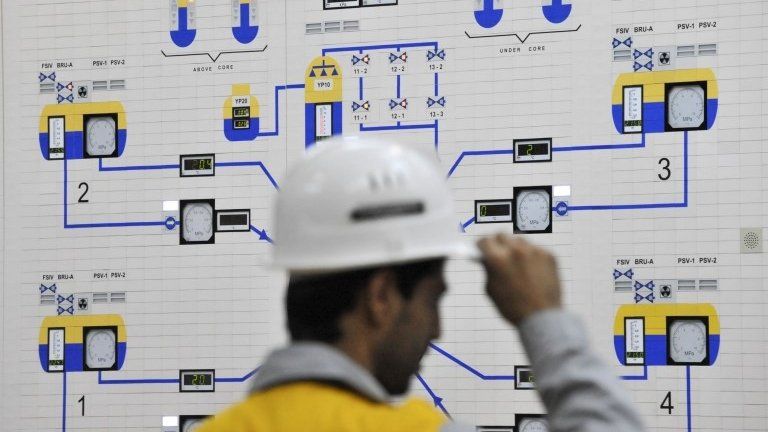
- Uranium particles enriched to 83.7% found in Iran
- Published1 March



